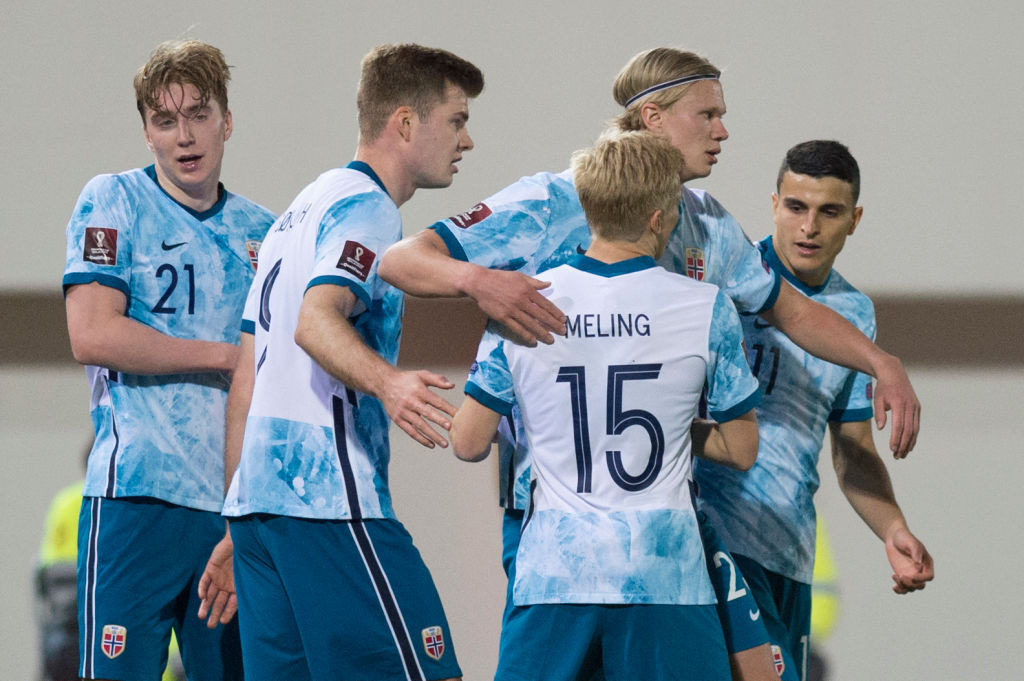Very Nobel indeed
This your paper and not my words
There isn’t much point in dressing this up now. Football is two years away from a tournament that is, among other things, a showcase for the glorious productivity of the Kafala system of labour. These working practices have been called a form of modern-day slavery by the International Trade Union Confederation, in conditions across the region that are at times “little more than prisons for workers” according to Amnesty International.
Migrant workers went unpaid by a private Qatari company for up to seven months while building Al Bayt Stadium.
Migrant workers went unpaid by a private Qatari company for up to seven months while building Al Bayt Stadium. Photograph: Adam Davy/PA Images
Those gleaming, splendiferous World Cup venues, those repositories of sound and light, are also tributes to the efficiency of a bonded labour force of Bangladeshis, Nepalese, Indians and other migrant people employed to implement this vast global projection of power. Official figures suggest otherwise, but a counter-commentary of those who monitor the situation suggests there have been thousands of deaths (pdf) along the way. Should we be sitting in these arenas watching football? Or tipping them into the harbour?
It is worth noting Qatar introduced laws last year to diminish and, it is claimed, abolish the Kafala system, under which foreign workers are essentially tied to their employer, unable to seek another job in the country and often too dependent to leave. These new laws have been described as superficial. Only this week Amnesty revealed migrant workers had gone unpaid by a private Qatari company for up to seven months while building Al Bayt Stadium, unable to leave the job, unable to leave the country.
Football speaks fine words while preparing to bask in these glorious migrant-built structures, disposable monuments to a four-week show of power
This is not intended as a piece of whataboutery or a comparison with the scars and the significance of actual, forced, seagoing, murderous European slavery. This is not some ghastly race to find the greater horror. It is simply to point to the oddity of football’s apparent powerlessnesses as it asks itself what it can possibly do about oppression and prejudice as it speaks fine words – cheers, Gianni – about the imbalance of power. All the while preparing to shoot off en masse and bask in these glorious migrant-built structures, disposable monuments to a four-week show of power.
What am I expecting to happen here? Instant cultural reforms? Everyone shakes hands and joins the TUC? Ruling elites to issue a tearful Instagram apology (“this has been a powerful personal journey”)? The best outcome is slow reform which, it seems, is already happening.
I guess I am simply agreeing with Sterling when he says there are structural issues that need to be torn down, while also pointing out that he, as a footballer, is stuck right in the middle of this, a passenger in football’s own exploitative networks.
As for those boarded-up statues, they are at least doing their job. They’re making us think about the past and also the present. Welcome, britches-clad men of destiny, welcome splendid new lighted bowls of Fifa, to the idea of the unintended signifier. We will look on you and marvel. Just not, perhaps, in the way you had in mind.
…




